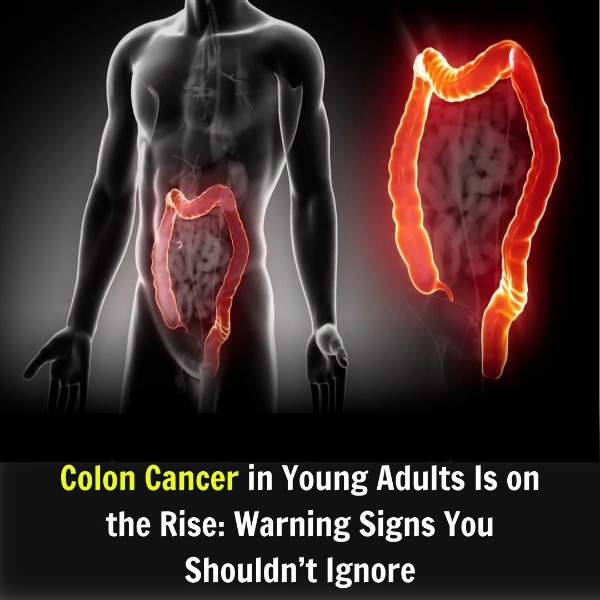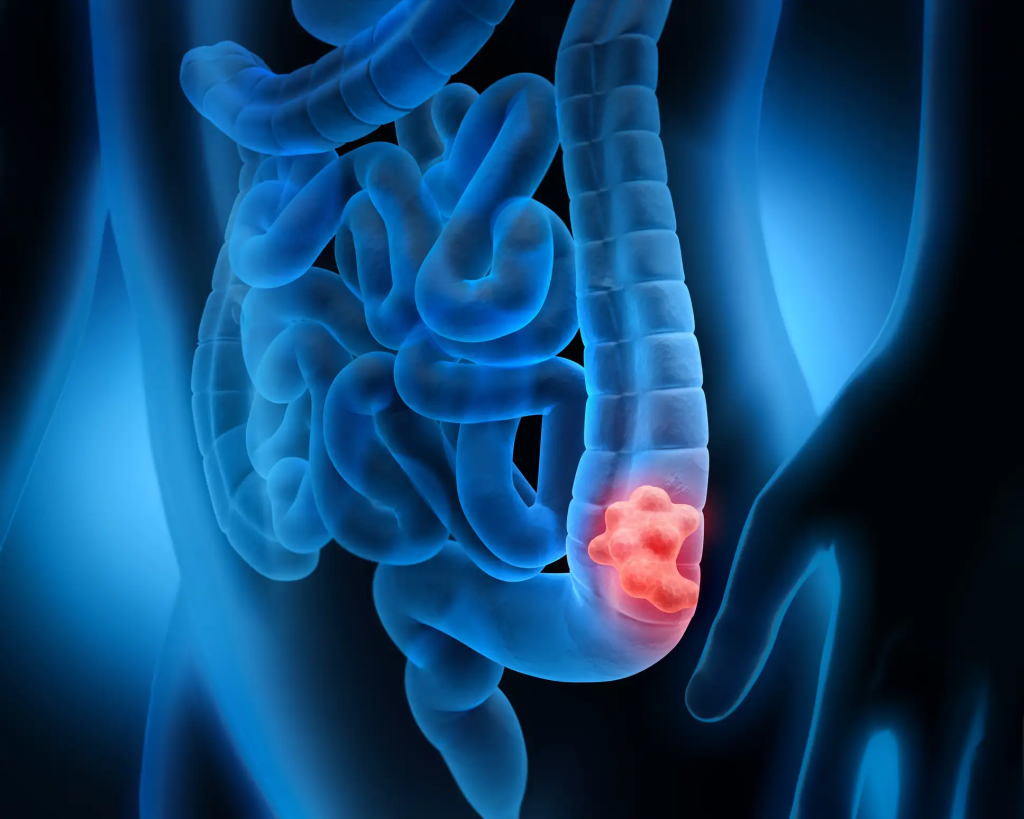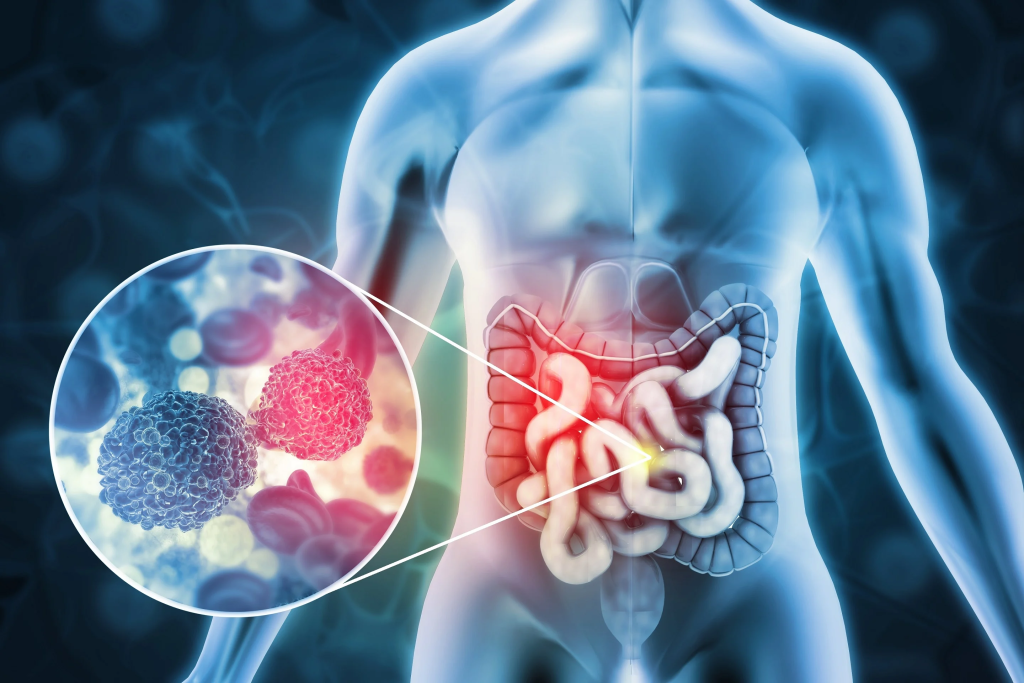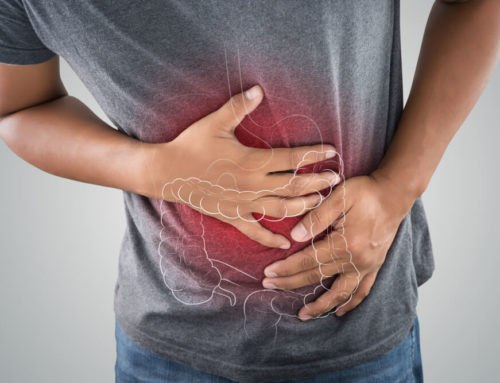Here’s the hard truth: colon cancer, once thought to affect mostly older adults, is now becoming alarmingly common in young people. We’re talking about individuals in their 20s, 30s, and early 40s. That shift has doctors and researchers deeply concerned.
What’s more troubling is that younger adults often get diagnosed at later stages of the disease—simply because no one expects them to have it. Many brush off symptoms as stress, poor diet, or a minor stomach issue. But colon cancer isn’t something you want to ignore, especially when early detection could save your life.

A Silent Surge That’s Hard to Ignore
Colorectal cancer cases in people under 50 have been climbing steadily over the past few decades. Meanwhile, cases among older adults are declining, largely due to increased screening efforts. So, what’s behind this disturbing trend among younger adults?
Experts believe a mix of modern lifestyle habits—such as poor diet, inactivity, rising obesity rates, and gut microbiome imbalances—may be contributing to the spike. Genetics also plays a role, but lifestyle is a major piece of the puzzle. Even people with no family history are getting diagnosed, which makes awareness even more crucial.
Video: 4 Warning Signs of Colon Cancer You Should NEVER Ignore
Early Warning Signs of Colon Cancer You Should Never Overlook
One of the most dangerous things about colon cancer is that it often develops without any symptoms at first. When symptoms do show up, they can be subtle and easy to dismiss. But your body will speak—if you’re willing to listen.
Changes in Bowel Habits
Ongoing constipation, diarrhea, or narrow stools that last for more than a few days could be a sign of something serious. If these changes don’t improve, don’t wait it out—get checked.
Blood in the Stool or Rectal Bleeding
This is one of the clearest red flags. Some people mistake it for hemorrhoids, but blood in your stool—especially dark or bright red—should never be ignored.
Unexplained Weight Loss
Dropping weight without trying might seem like a win at first, but if it happens without any changes to diet or exercise, something could be off internally.
Persistent Fatigue or Weakness
Feeling drained even after a good night’s sleep? Chronic fatigue can be linked to internal bleeding or anemia caused by colon tumors.
Ongoing Abdominal Pain or Cramps
Bloating, discomfort, or sharp abdominal pain that doesn’t go away could signal a growing blockage or tumor in the colon.
Feeling Like You Still Need to “Go”
If you constantly feel like your bowel movement wasn’t complete, a tumor could be blocking part of your colon, making it harder for waste to pass.
What Increases Your Risk?

While colon cancer can strike anyone, some factors raise your odds. These include:
- A family history of colon or rectal cancer
- Inflammatory bowel diseases like Crohn’s or ulcerative colitis
- A diet high in red or processed meat
- Low intake of fiber
- Obesity and physical inactivity
- Smoking or frequent alcohol consumption
And here’s the unsettling part: even young people with none of these risk factors are getting diagnosed. That’s why education and early action are so important.
How to Catch It Early
Many people believe they’re too young to think about colonoscopies or cancer screenings. That mindset can cost lives. The American Cancer Society now recommends regular screening starting at age 45. If you have a family history or any persistent symptoms, your doctor may suggest starting even earlier.
There are several screening methods available, including colonoscopies, stool tests, and CT colonography. These tools can detect polyps or early-stage cancers before they turn deadly.
Can You Prevent It? Absolutely—And It Starts With Your Lifestyle

While you can’t change your genes, you can change your habits. Making better choices today can reduce your risk tomorrow.
- Eat more fiber-rich foods like vegetables, fruits, legumes, and whole grains
- Cut back on red and processed meats
- Move your body daily, even if it’s just a brisk walk
- Stay at a healthy weight
- Quit smoking and limit alcohol
- Drink plenty of water and get enough sleep
Also, keep your gut healthy by incorporating probiotics and fermented foods like yogurt, kimchi, or kefir into your diet.
Listen to Your Body—And Don’t Be Afraid to Speak Up
Too many young adults ignore their symptoms, or worse, feel dismissed by doctors. If something feels off, keep pushing for answers. You’re never too young to take your health seriously.
Colon cancer is preventable and treatable—especially when found early. The key is catching it before it has a chance to spread. Pay attention to the warning signs, trust your instincts, and don’t let fear delay a necessary visit to your doctor.
Conclusion

Colon cancer is no longer just a disease of the elderly—it’s quietly affecting more young people every year. But by recognizing the early warning signs, knowing your risks, and making smart lifestyle changes, you can take control. Awareness is power, and when it comes to your health, every decision counts. If you notice anything unusual, don’t wait. Take action. Your future self will thank you.


